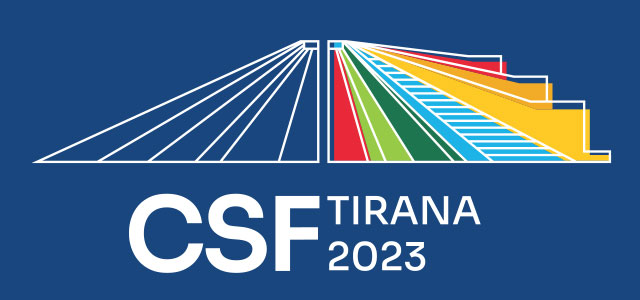| CSF
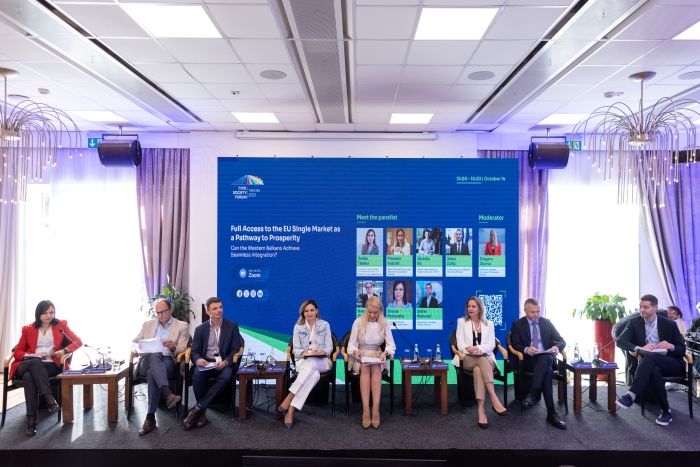
Regional economic institutions discuss the challenges and possibilities of economic convergence between Western Balkans and the European Union, while experts and government representatives called for streamlining regional economic cooperation and EU accession when discussing access to the single market for the Western Balkans.
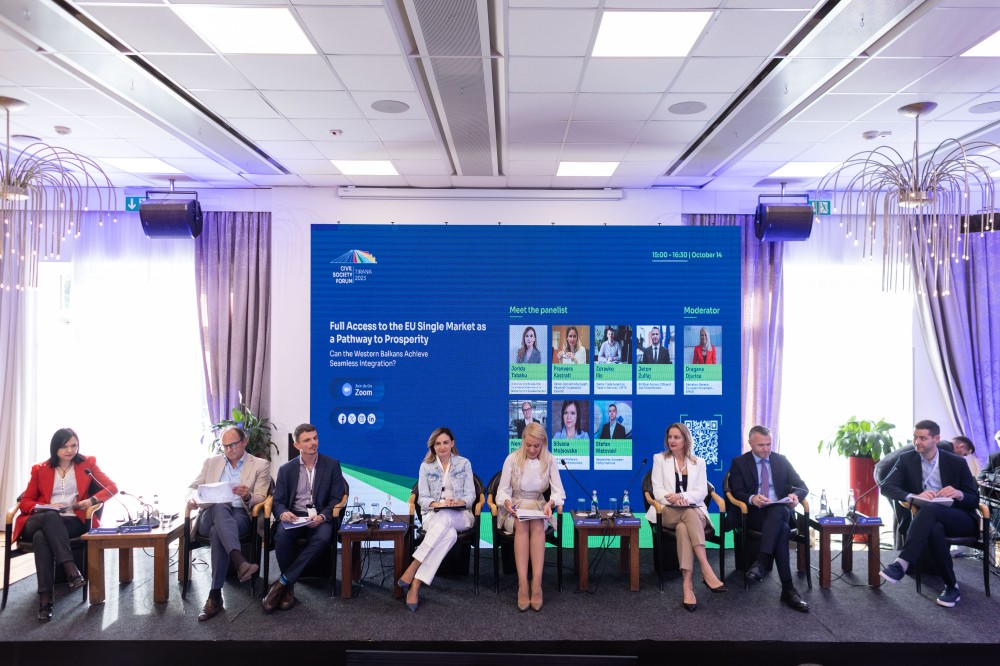
Pranvera Kastrati, Senior Connectivity Expert at the Regional Cooperation Council, warned that Western Balkans convergence with the EU could take from a few decades, up to 70 years. According to Ms. Kastrati, “raising the GDP to EU standards will require a lot of work, and countries must develop their human capital and strengthen the ability of institutions, citizens, and societies to converge to the standards and core values of the EU”.
Speaking of economic convergence, Zdravko Ilić, Senior Expert on Trade in Services at CEFTA, talked about the potential of closer economic integration. Citing World Bank studies, Mr. Ilic explained “If there is deepening of CEFTA to the level of access to the single market, the GDP in the region could be boosted up to 7.6%, which if linked to the single market can go up to 15%”.
According to Jeton Zulfaj, Political Advisor at the Office of the Prime Minister in Kosovo, access to the Single Market should be incremental and conditioned by the rule of law, as EU membership is supposed to be transformational, not transactional.
For Nenad Djurdjević, Director at the Regional Center for Strategic and Political Initiatives in Serbia, a new approach is needed to tackle structural deficiencies, merge the EU integration and regional cooperation, and find ways to enable seamless access to the single market.
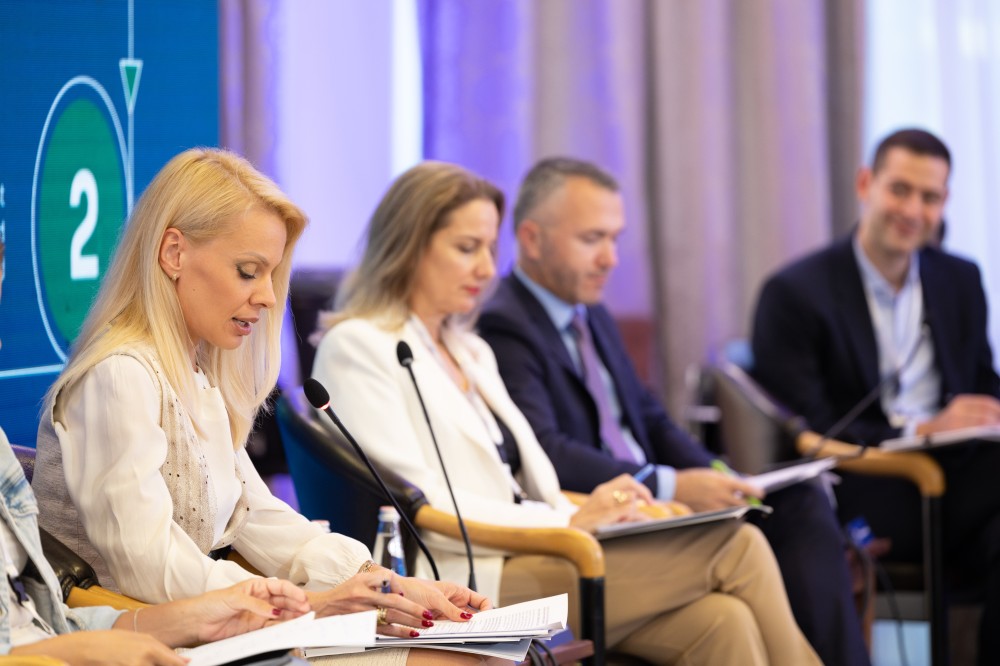
Speaking from an academic perspective, Silvana Mojsovska, Full-time Professor at the Institute of Economics in North Macedonia, explained that each of the countries in their Stabilization and Association Agreements has guidance on their responsibilities in different areas of the single market and different countries are at distinct levels of implementation. According to Ms. Mojovska “Western Balkan countries should also request gradual access to the single market and link it with the economic reform programs”.
Stefan Ristovski, a Researcher at the European Policy Institute, presented the recommendations from the thematic working group, pointing out: “What is expected from the EU is a strategy with a workable schedule for equitable access to the single market across all sectors that will not impose high adjustment costs and are beneficial for citizens and companies. Countries should also be provided with time for proper preparation and access to the single market requires engagement not just from political leadership, but also on administrative and parliamentary level”. Mr. Ristovski also called for caution, as access to the single market does not in itself increase competitiveness, and complete access, without proper levels of preparedness, may harm Western Balkan economies.
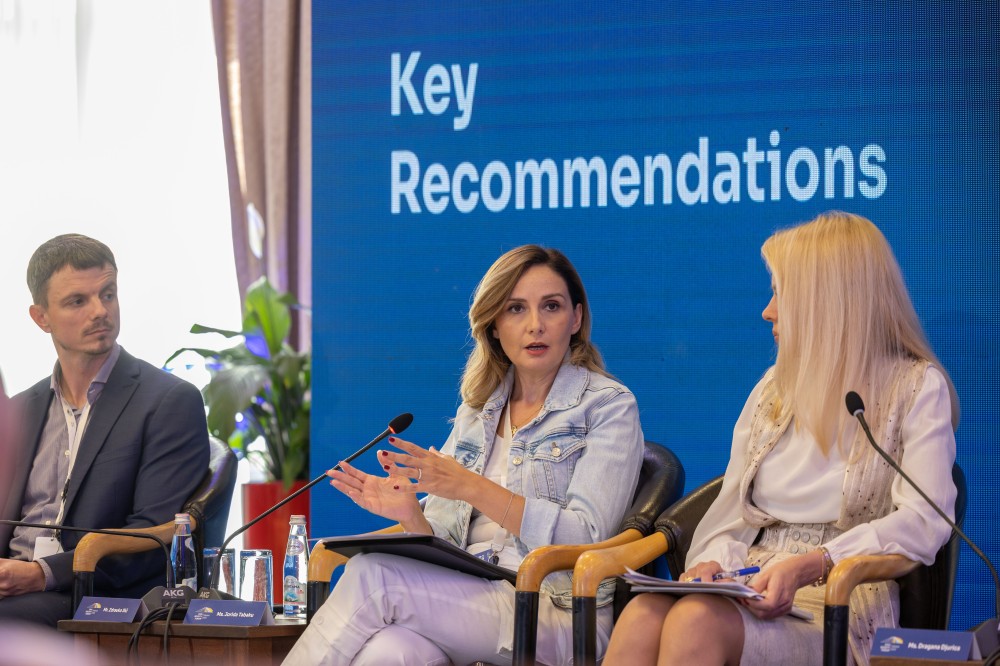
Jorida Tabaku, Chairwoman of the European Affair Committee and Chairwoman of the National Council of European Integration in Albania emphasized the role of parliaments in legislative approximation with the EU acquis.
The overall message of this session was that working together as a region is better than working individually. If we combine efforts, we will be more effective in removing barriers.
The discussion was chaired by Dragana Djurica (Secretary General, European Movement, Serbia).
You can read the full recommendations here:
You can watch the discussion here:
